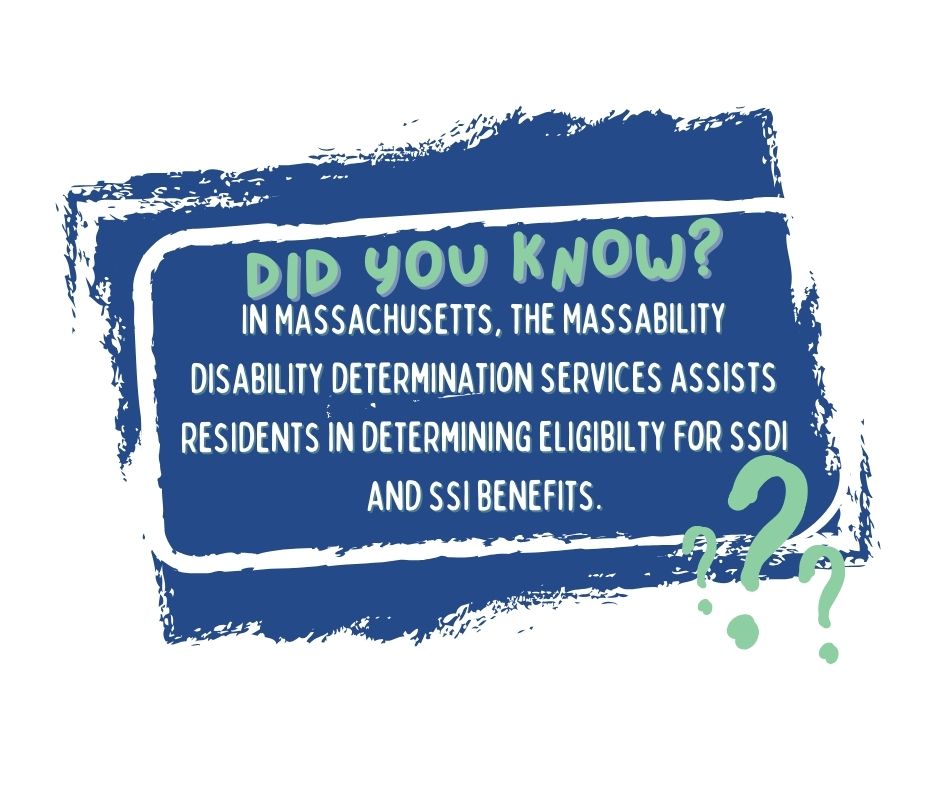How Much Does Mental Health Disability Pay: Monthly Benefits Guide 2025
How much does mental health disability pay? Living with a mental health disability can make it hard to work and earn money. The Social Security Administration offers financial support through two main programs: Social Security Disability Insurance (SSDI) and Supplemental Security Income (SSI).
Monthly disability payments for mental health conditions typically range from $914 to $3,627 in 2025, with the average SSDI recipient receiving $1,537 per month. The exact amount depends on work history, income level, and other benefits.
Getting approved for mental health disability benefits takes time and proper medical documentation. The process requires proof that the condition seriously limits the ability to work for at least 12 months or is expected to result in death.
Understanding Mental Health Disability Benefits
Mental health disability benefits provide financial support to people who cannot work due to psychological conditions. These benefits help cover living expenses and medical care through specific programs.
Short-Term Disability Options
This post will focus mainly on long-term disability benefits, but many people can also utilize short-term options. If you are suffering from mental health struggles, paid leave through things like PMFLA could allow you to leave work while attending an intensive outpatient program and still receive pay while protecting your employment status.
Eligibility Criteria
To qualify for mental health disability benefits, applicants must prove their condition prevents them from working for at least 12 months. Medical records from mental health professionals are required to document the diagnosis and severity.
The Social Security Administration reviews work history, education level, and ability to perform other jobs. Income and assets must fall below specific limits for SSI benefits.
Regular therapy visits and medication compliance strengthen disability claims. Medical documentation should show treatments tried and their effectiveness.
Types of Mental Health Disabilities Covered
Social Security recognizes many mental health conditions for disability benefits. Major depression, bipolar disorder, anxiety disorders, and schizophrenia qualify when severe enough.
Post-traumatic stress disorder (PTSD), obsessive-compulsive disorder (OCD), and autism spectrum disorders may receive benefits.
Common approved conditions include:
- Severe anxiety or panic attacks
- Clinical depression with suicidal thoughts
- Bipolar disorder with frequent episodes
- Schizophrenia with persistent symptoms
- Autism that limits social functioning
The condition must significantly impact daily activities and work ability. Medical evidence must show the symptoms are severe and ongoing despite treatment.

Source: Mass.Gov
Determining the Payment Amount
Mental health disability payments vary based on specific medical conditions, work history, and income levels. The Social Security Administration uses strict criteria to calculate benefits.
Factors Influencing Disability Payments
The severity of mental health conditions plays a key role in payment amounts. More severe conditions that prevent all work typically receive higher payments.
Work credits earned through previous employment affect benefit amounts. A person needs 40 credits total, with 20 earned in the last 10 years before becoming disabled.
Income and resources must fall below set limits. In 2025, a single person cannot have more than $2,000 in assets to qualify for SSI benefits.
Marriage status and living arrangements can change payment amounts. Living with family or receiving free housing might reduce benefits.
Average Payment Range
How much does mental health disability pay on average? The average SSDI payment for mental health disabilities ranges from $800 to $2,000 per month in 2025.
SSI payments have a base rate of $914 per month for individuals and $1,371 for couples in 2025.
Some recipients qualify for both SSDI and SSI, which can increase total monthly payments.
State supplements can add $10 to $400 to federal payments, depending on location and circumstances.
Most recipients get their first payment 5-6 months after approval, with back pay covering the waiting period.
Application and Approval Process
Getting disability benefits for mental health requires proper documentation and following specific steps. The process takes time and patience, but careful preparation increases approval chances.
Steps to Apply for Disability Benefits
Start by gathering medical records from all mental health providers, including therapists, psychiatrists, and hospitals. These records must show ongoing treatment for at least 6 months.
Contact the Social Security Administration to begin the application. Call 1-800-772-1213 or visit SSA.gov to schedule an appointment.
Complete Form SSA-16 (Application for Disability Insurance Benefits) and Form SSA-3368 (Adult Disability Report). These forms need detailed information about:
- Mental health conditions
- Treatment history
- Work history
- Daily activities
- Medications
Include written statements from mental health professionals about how the condition limits work ability.
What to Expect After Applying
The initial review typically takes 3-5 months. A disability examiner will evaluate all submitted documents.
The examiner might request additional medical exams or psychological evaluations at no cost to the applicant.
Most first-time applications get denied. Appeals are common and often more successful than initial applications.
The appeals process involves four levels:
- Reconsideration
- Administrative law judge hearing
- Appeals Council review
- Federal court review
Keep copies of all documents and continue mental health treatment during the review process.
Frequently Asked Questions: How Much Does Mental Healthy Disability Pay?
Mental health disability payments depend on several key factors, including diagnosis severity, work history, and income levels. The application process requires specific documentation and medical evidence to support claims.
What is the average monthly compensation for mental health disability?
The average SSDI payment for mental health disability is $1,483 per month as of 2025. The maximum benefit amount is $3,627 per month.
Payment amounts vary based on your work history and previous income. The Social Security Administration calculates benefits using your lifetime earnings before disability.
What are the criteria for proving a mental disability?
Medical documentation must show a diagnosed mental condition that prevents working for at least 12 months. This includes treatment records, therapy notes, and psychological evaluations.
The condition must significantly limit daily activities and ability to work. Records should demonstrate ongoing treatment and medication compliance.
What steps are involved in getting approved for mental health disability?
Submit an application online or at a local Social Security office with medical records and work history. The review process takes 3-5 months.
A mental health evaluation by an SSA-approved doctor may be required. Appeals are possible if the initial claim is denied.
What is the disability living allowance for mental illness?
The disability living allowance ranges from $600 to $2,500 monthly based on care needs. This covers costs like therapy, medications, and daily support services.
Additional benefits may include Medicare coverage, housing assistance, and vocational rehabilitation services.
How can you pass the Social Security Disability Insurance (SSDI) exam for mental health?
Provide detailed medical records showing regular treatment and medication compliance. Document how symptoms affect daily activities and work ability.
Be honest about limitations during evaluations. Bring a family member or caregiver who can verify symptoms and challenges.
Which mental illness receives the highest approval rate for disability claims?
Schizophrenia has the highest approval rate at 88%. Major depressive disorder, bipolar disorder, and autism also have approval rates above 60%.
The severity of symptoms and quality of medical documentation impact approval chances more than the specific diagnosis.
You’re not alone, and help is always within reach. Contact us today at (774) 619-7750 and take control over your mental health.




